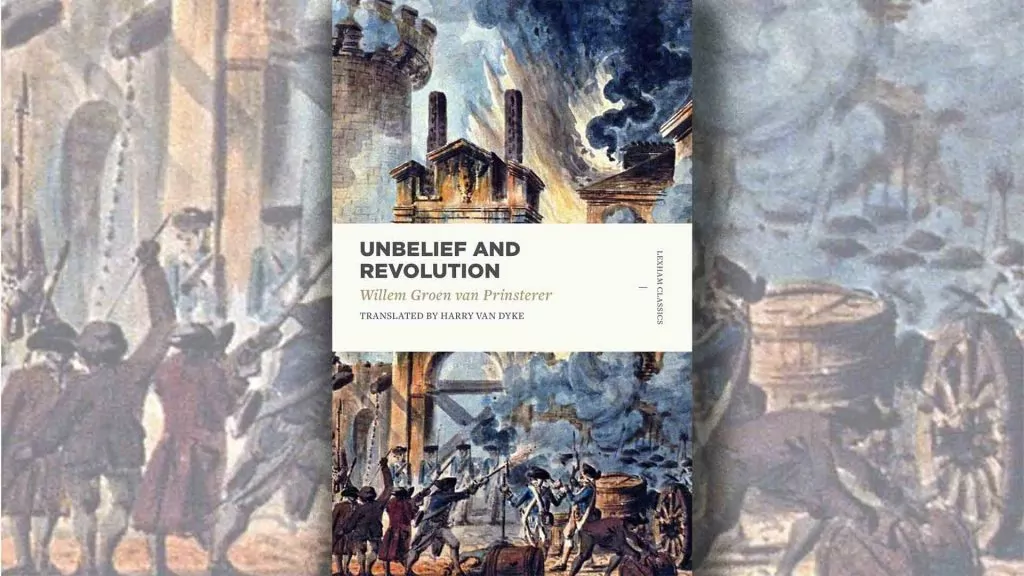Our political leaders think they know what’s best for us.
But by what standard are they judging what’s good?
*****
Why should Christians participate in political action in the first place? That’s an important question to answer, since Christian involvement in politics is largely misunderstood by the world, and not always clarified that well by Christians themselves.
So, again, why should Christians get involved in politics? To advocate for society to be built on Christian principles, since we know these principles are what God commands in His Word. We also want to advocate for the freedom for God’s people to do what He has called us to do.
Don’t force your morality on me!
Now, the world around us will ask us to kindly keep our religion to ourselves and they’ll tell us we shouldn’t try to force our morality on them. Other Christians can also be among the most vocal opponents of applying an explicitly Christian approach to public policy. You might hear them argue that while God’s Word is authoritative for us and for how we live, it isn’t authoritative for the world around us. Who are we to think that we can apply our faith to public policy? Isn’t it inappropriate to apply biblical principles to those who do not believe?
We might be tempted to think that if someone’s choices are not hurting anyone, then do we still need to advocate for Christian policy? This might be particularly so when it comes to the whole area of sexuality: if two men are living together, or a couple is shacked up before marriage, should we really care? Maybe we should just keep to ourselves and avoid any sort of “political” conversations around marriage, or gender, or family.
The “common good”
But if we rule out a Christian approach to politics, then what’s left? The alternative typically proposed relies on the idea of “the common good” or “the public interest.” Policies are presented as being good for various groups of citizens. So, for example:
- decriminalizing abortion is presented as giving women the right to choose
- legalizing euthanasia is presented as a means of relieving suffering
- redefining marriage is presented as allowing people to love whoever they want
Other examples would include how certain housing policies are presented as strategies to reduce homelessness and policies allowing safe injection sites might be presented as preventing overdose deaths.
In these cases, does the government care about the common good? In their minds, yes. But their perspective of the common good is often different from a Reformed Christian’s perspective.
The fact is, every policy springs from a particular worldview. Our worldview directly impacts how we define policy issues and how we propose solutions. If I think that choice or autonomy is the ultimate good, then abortion and euthanasia would seem to be good things. But if I know that God’s law places important limits on choice and autonomy, I’ll understand that abortion and euthanasia must fall within those limitations.
Policy decisions impact real people, but how we view that impact depends on how we see the world and our place in it more broadly. And we must also examine the worldview of our policy-makers as we consider the policies they champion. A “faith” in science or liberalism or secularism or autonomy or anything else will affect how they view law and policy.
For the true good of our neighbors
Because of differing ideas of the “common good,” some Christians might say that we should only advocate for policies based on social scientific evidence that the world can agree with. But if we forget about the biblical worldview behind our evidence, it will often be interpreted in a way that is detrimental to those around us.
For example, as governments seek to redefine the family, the prevailing attitude is “all kids need is a loving family – it doesn’t matter what the family structure is.” It can be easy to fall into this thinking. After all, aren’t loving gay parents better than an abusive mother and father? We begin to look at extremes instead of a biblical starting point for the family. And we fail to hold to an objective foundation for what is truly good for the people affected.
Christians need to be confident in both the wisdom and goodness of our God, and consequently certain that principles set forth in the Bible will yield policies that are good for Canadians. It is in the Gospel where we find the truth about humanity and the world. Therefore, we should also seek to influence our society with God’s law. As Christian philosopher James Smith explained in his book Awaiting the King,
“if we are convinced (convicted) that in Christ and His Word we know something about how to be human, then shouldn’t we seek to bend social practices and policy in that direction for the good of our neighbors?”
This applies not just to life issues like euthanasia and abortion, but also when we’re talking about the family, gender, and sexuality. There too, we need to recognize God’s good design for human beings before we can understand what is truly good for our neighbors. And when we know what God thinks, then the facts will fit too – as ARPA Canada explained in a recent policy document, the natural family as God designed it is statistically most likely to produce the best outcomes for children.
The world’s “good” exposed
As confident as we can be that God knows best, we can also be certain that the world’s “good” will eventually be exposed as anything but.
I recently learned about one organization that focuses on trying to help the “survivors of the Sexual Revolution.” That’s language you don’t often hear in the broader culture, because our society views the Sexual Revolution as a beneficial liberation from the constraints of sexual morality. But victims abound, including many who didn’t survive: prostituted and abused women, people who have undergone “sex reassignment” procedures, children who have lost a parent due to divorce, and of course the many aborted children.
A recent example of harm caused by the Sexual Revolution is the enactment of a national, criminal ban on conversion therapy. The ban assumes that biblical views on gender and sexuality are harmful to people struggling with their gender or sexuality. In reality, the law hinders people who are struggling from receiving the help they need. This brings us back to the question of worldview. A Christian worldview in this instance presents the truth about God’s design for humanity, the reality of a fallen world, but also the way of restoration.
Conclusion
The world will criticize us for advocating for biblically based policies, and characterize it as trying to “force our own morality on others” or as “getting involved in something that doesn’t concern them.” Other Christians may even find fault with bringing the Bible to bear in the public square.
But it is because we care deeply about our neighbors that we want to share and advocate for what is true and good. And it is because of God and His Word that we know what is true and good.
So when we hear of a policy decision, we need to step back and look at biblical principles and what God’s Word says about what is glorifying to God and good for our neighbors. From there, we can analyze whether the government truly understands what is good for our neighbors based on God’s good design. As Nancy Pearcey writes in Love Thy Body:
“Christians must be prepared to minister to the wounded, the refugees of the secular moral revolution whose lives have been wrecked by its false promises of freedom and autonomy.”
Advocating for Christian policy is not selfish nor oppressive. It is truly for the common good.












